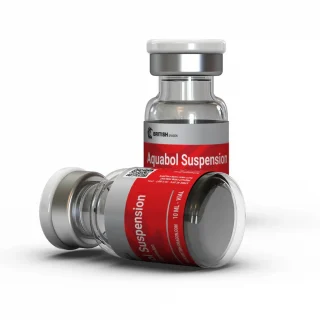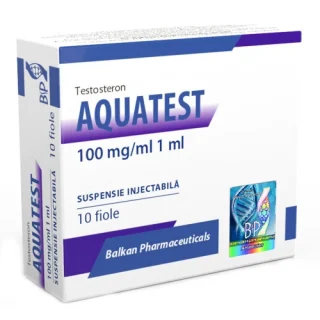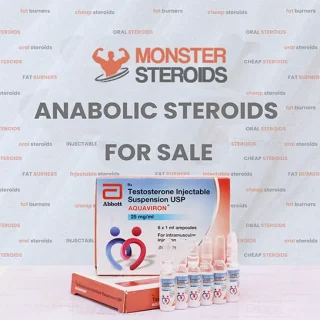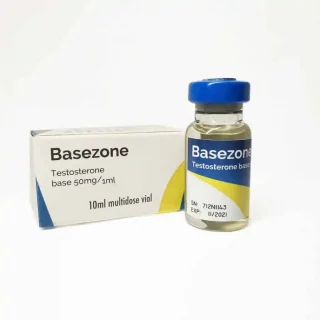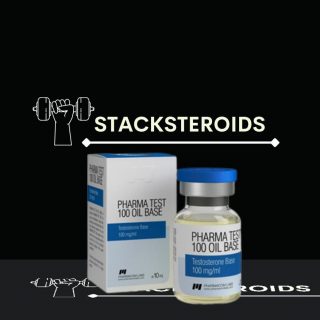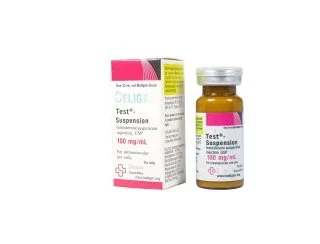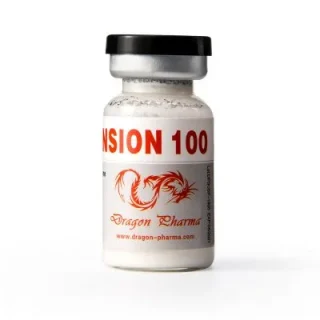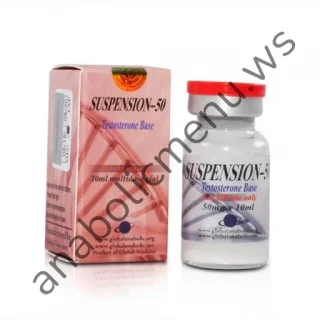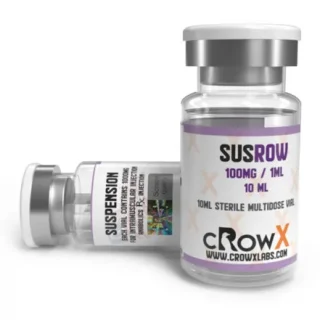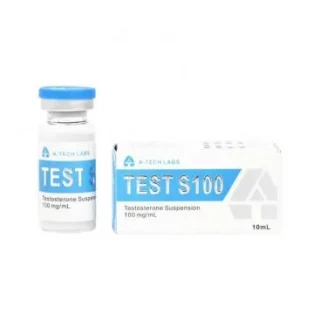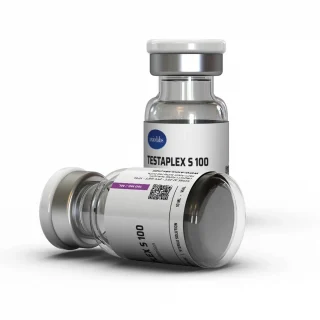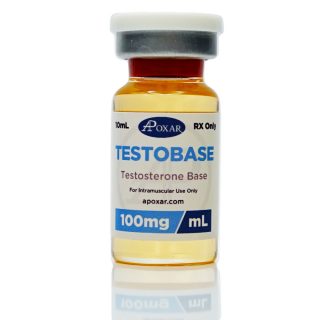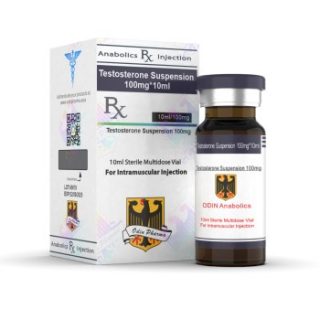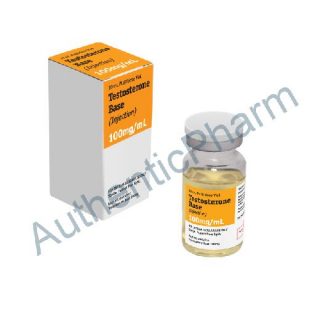Detailed instructions on how to use testosterone
Descriptions
Testosterone is used for the treatment of men whose bodies do not make enough natural testosterone, a condition called hypogonadism. Testosterone is a male hormone responsible for the growth and development of the male sex organs and maintenance of secondary sex characteristics. This medicine is not for use in women.
This medicine is available only with your doctor’s prescription.
Possible risks
In deciding to use a medicine, the risks of taking the medicine must be weighed against the good it will do. This is a decision you and your doctor will make. For this medicine, the following should be considered:
Allergies
Tell your doctor if you have ever had any unusual or allergic reaction to this medicine or any other medicines. Also tell your health care professional if you have any other types of allergies, such as to foods, dyes, preservatives, or animals. For non-prescription products, read the label or package ingredients carefully.
Pediatric
Appropriate studies have not been performed on the relationship of age to the effects of testosterone in the pediatric population. Safety and efficacy have not been established.
Geriatric
Appropriate studies on the relationship of age to the effects of testosterone have not been performed in the geriatric population. However, elderly patients are more likely to have heart or prostate problems (including enlarged prostate), which may require caution in patients receiving this medicine.
Breastfeeding
Studies in women breastfeeding have demonstrated harmful infant effects. An alternative to this medication should be prescribed or you should stop breastfeeding while using this medicine.
Drug Interactions
Although certain medicines should not be used together at all, in other cases two different medicines may be used together even if an interaction might occur. In these cases, your doctor may want to change the dose, or other precautions may be necessary. When you are taking this medicine, it is especially important that your healthcare professional know if you are taking any of the medicines listed below. The following interactions have been selected on the basis of their potential significance and are not necessarily all-inclusive.
Using this medicine with any of the following medicines is usually not recommended, but may be required in some cases. If both medicines are prescribed together, your doctor may change the dose or how often you use one or both of the medicines.
Other Interactions
Certain medicines should not be used at or around the time of eating food or eating certain types of food since interactions may occur. Using alcohol or tobacco with certain medicines may also cause interactions to occur. Discuss with your healthcare professional the use of your medicine with food, alcohol, or tobacco.
Other Medical Problems
The presence of other medical problems may affect the use of this medicine. Make sure you tell your doctor if you have any other medical problems, especially:
- Blood disorder (eg, polycythemia)—May increase risk for thromboembolic diseases (blood clots).
- Blood clotting problems (eg, deep vein thrombosis, pulmonary embolism) or
- Diabetes or
- Drug abuse or dependence, or history of or
- Enlarged prostate or
- Heart attack, or history of or
- Heart or blood vessel disease or
- Hypercalcemia (high calcium in the blood) or
- Hyperlipidemia (high cholesterol or fats in the blood) or
- Hypertension (high blood pressure) or
- Liver disease or
- Sleep apnea (breathing problem) or
- Stroke, history of—Use with caution. May make these conditions worse.
- Breast cancer (in males) or
- Hypogonadism, age-related or
- Prostate cancer, known or suspected—Should not be used in patients with these conditions.
- Heart disease (eg, congestive heart failure) or
- Kidney disease or
- Liver disease—Use with caution. Testosterone may cause edema (fluid retention) in patients with these conditions.
- Lung disease, chronic or
- Obesity—Use with caution. May increase risk for more side effects.
Proper Use
Take this medicine only as directed by your doctor. Do not take more of it, do not take it more often, and do not take it for a longer time than your doctor ordered.
This medicine should come with a Medication Guide. Read and follow the instructions carefully. Ask your doctor if you have any questions.
Take this medicine with food.
Dosing
The dose of this medicine will be different for different patients. Follow your doctor’s orders or the directions on the label. The following information includes only the average doses of this medicine. If your dose is different, do not change it unless your doctor tells you to do so.
The amount of medicine that you take depends on the strength of the medicine. Also, the number of doses you take each day, the time allowed between doses, and the length of time you take the medicine depend on the medical problem for which you are using the medicine.
For low testosterone levels:
Adults
Dose is based on the testosterone concentration level in your blood and must be determined by your doctor. At fisrst, the dose is 237 milligrams (mg) taken 2 times a day, in the morning and in the evening. Your doctor may adjust your dose as needed. However, the dose is not more than 396 mg per day.
Children
Use and dose must be determined by your doctor.
For oral dosage form
Adults
Dose is based on the testosterone concentration level in your blood and must be determined by your doctor. The usual dose is 225 milligrams (mg) 2 times a day, in the morning and in the evening.
Children
Use and dose must be determined by your doctor.
Missed Dose
If you miss a dose of this medicine, take it as soon as possible. However, if it is almost time for your next dose, skip the missed dose and go back to your regular dosing schedule. Do not double doses.
Storage
Store the medicine in a closed container at room temperature, away from heat, moisture, and direct light. Keep from freezing.
Keep out of the reach of children.
Do not keep outdated medicine or medicine no longer needed.
Ask your healthcare professional how you should dispose of any medicine you do not use.
Showing 1–16 of 28 results
-
AndroBase 100 Canada Peptides
€65.00Add to cartIntroducing AndroBase 100 Canada Peptides: Unlock Your True Potential Are you ready to take your bodybuilding journey to the next level? Look no further than AndroBase 100 Canada Peptides. This cutting-edge product is designed to help you achieve your fitness goals faster and more efficiently than ever before. With its unique blend of ingredients and …
-
Aquabol Suspension 100 mg British Dragon
€52.00Add to cartAquabol Suspension 100 mg British Dragon Experience the power of Aquabol Suspension 100 mg by British Dragon, the ultimate solution for bodybuilders seeking rapid and impressive muscle gains. With its unique formulation and high-quality ingredients, Aquabol Suspension is designed to enhance your performance, strength, and physique like never before. Specific Details and Features Product: Aquabol …
-
Aquatest 100 mg Balkan Pharmaceuticals
€75.00Add to cartAquatest 100 mg Balkan Pharmaceuticals: The Ultimate Testosterone Booster for Bodybuilders Are you a bodybuilder looking to take your performance to the next level? Look no further than Aquatest 100 mg by Balkan Pharmaceuticals. This powerful testosterone booster is specifically designed to help you achieve your fitness goals and maximize your gains. With its unique …
-
Aquaviron 25 mg Abbott Laboratories
€72.60Add to cartAquaviron 25 mg Abbott Laboratories: Unlock Your True Potential Are you ready to take your fitness journey to the next level? Look no further than Aquaviron 25 mg by Abbott Laboratories. This powerful and reliable product is designed to help you achieve your bodybuilding goals with ease. With its unique formulation and exceptional benefits, Aquaviron …
-
Basezone 50 mg AlphaZone Pharmaceuticals
€40.00Add to cartIntroducing Basezone 50 mg by AlphaZone Pharmaceuticals Basezone 50 mg by AlphaZone Pharmaceuticals is a cutting-edge product designed to enhance your bodybuilding journey. With its unique formulation and powerful ingredients, Basezone 50 mg offers a range of benefits for both beginners and experienced bodybuilders. Let’s dive into the specifics of this remarkable product. Specific Details …
-
GP Test Suspension 100 Geneza Pharmaceuticals
€36.00Add to cartProduct Description: GP Test Suspension 100 Geneza Pharmaceuticals Introducing GP Test Suspension 100 by Geneza Pharmaceuticals, a high-quality and reliable testosterone suspension designed to enhance your performance and help you achieve your bodybuilding goals. With its potent formula and exceptional benefits, this product is a must-have for both beginners and experienced bodybuilders. Specific Details and …
-
Magnum Test-AQ 75 Magnum Pharmaceuticals
€55.00Add to cartMagnum Test-AQ 75: Unlock Your True Potential Introducing Magnum Test-AQ 75 by Magnum Pharmaceuticals, the ultimate solution for bodybuilders and fitness enthusiasts looking to take their performance to the next level. With its powerful formula and cutting-edge ingredients, this testosterone booster is designed to optimize muscle growth, enhance strength, and improve overall athletic performance. Whether …
-
Pharma Test Oil Base 100 mg Pharmacom Labs
€42.90Add to cartPharma Test Oil Base 100 mg Pharmacom Labs Introducing Pharma Test Oil Base 100 mg by Pharmacom Labs, a premium quality testosterone booster designed to enhance your bodybuilding journey. With its potent formula and exceptional benefits, this product is a must-have for both beginners and experienced bodybuilders. Unleash Your Potential Pharma Test Oil Base 100 …
-
Super Testosterone 100 mg Beligas
€46.00Add to cartSuper Testosterone 100 mg Beligas: Unleash Your True Potential Are you ready to take your fitness journey to the next level? Look no further than Super Testosterone 100 mg Beligas. This powerful supplement is designed to help you achieve your bodybuilding goals by boosting your testosterone levels naturally. With its unique formulation and exceptional benefits, …
-
Suspension 100 Dragon Pharma
€37.00Add to cartSuspension 100 Dragon Pharma: The Ultimate Performance Enhancer Are you ready to take your bodybuilding journey to the next level? Look no further than Suspension 100 by Dragon Pharma. This powerful and versatile product is designed to help you achieve your fitness goals faster and more efficiently than ever before. With its unique formulation and …
-
Suspension-50 (Test Base) 50 mg Global Anabolic
€38.00Add to cartSuspension-50 (Test Base) 50 mg Global Anabolic Introducing Suspension-50 (Test Base) 50 mg by Global Anabolic, a powerful and effective product designed to enhance your bodybuilding journey. With its unique formulation and exceptional benefits, Suspension-50 is the perfect choice for both beginners and experienced bodybuilders. Specific Details Product: Suspension-50 (Test Base) 50 mg Manufacturer: Global …
-
SUSROW 100 mg CrowX Labs
€77.00Add to cartSUSROW 100 mg CrowX Labs: Unlock Your True Potential Introducing SUSROW 100 mg by CrowX Labs, the ultimate supplement designed to take your bodybuilding journey to new heights. With its powerful formula and cutting-edge technology, SUSROW 100 mg is the go-to choice for both beginners and experienced bodybuilders. This comprehensive product description will provide you …
-
Test S100 100 mg A-Tech Labs
€69.00Add to cartTest S100 100 mg A-Tech Labs Introducing Test S100 100 mg by A-Tech Labs, a powerful and reliable testosterone booster designed to enhance your performance and help you achieve your fitness goals. With its unique formulation and high-quality ingredients, Test S100 is the ultimate choice for both beginners and experienced bodybuilders. Specific Details Product: Test …
-
Testaplex S 100 100 mg Axiolabs
€52.00Add to cartTestaplex S 100 100 mg Axiolabs: Unleash Your True Potential Are you ready to take your bodybuilding journey to the next level? Look no further than Testaplex S 100 100 mg Axiolabs. This powerful and reliable testosterone booster is designed to help you achieve your fitness goals faster and more efficiently than ever before. With …
-
Testobase 100 mg Alpha-Pharma
€62.70Add to cartTestobase 100 mg Alpha-Pharma: Unleash Your True Potential Are you ready to take your bodybuilding journey to the next level? Look no further than Testobase 100 mg by Alpha-Pharma. This powerful anabolic steroid is designed to help you achieve your fitness goals faster and more efficiently than ever before. With its potent formula and exceptional …
-
Testobase 100 mg Apoxar
€65.00Add to cartTestobase 100 mg Apoxar: Unleash Your True Potential Are you ready to take your bodybuilding journey to the next level? Look no further than Testobase 100 mg Apoxar. This powerful anabolic steroid is designed to help you achieve your fitness goals faster and more efficiently than ever before. With its potent formula and exceptional quality, …


